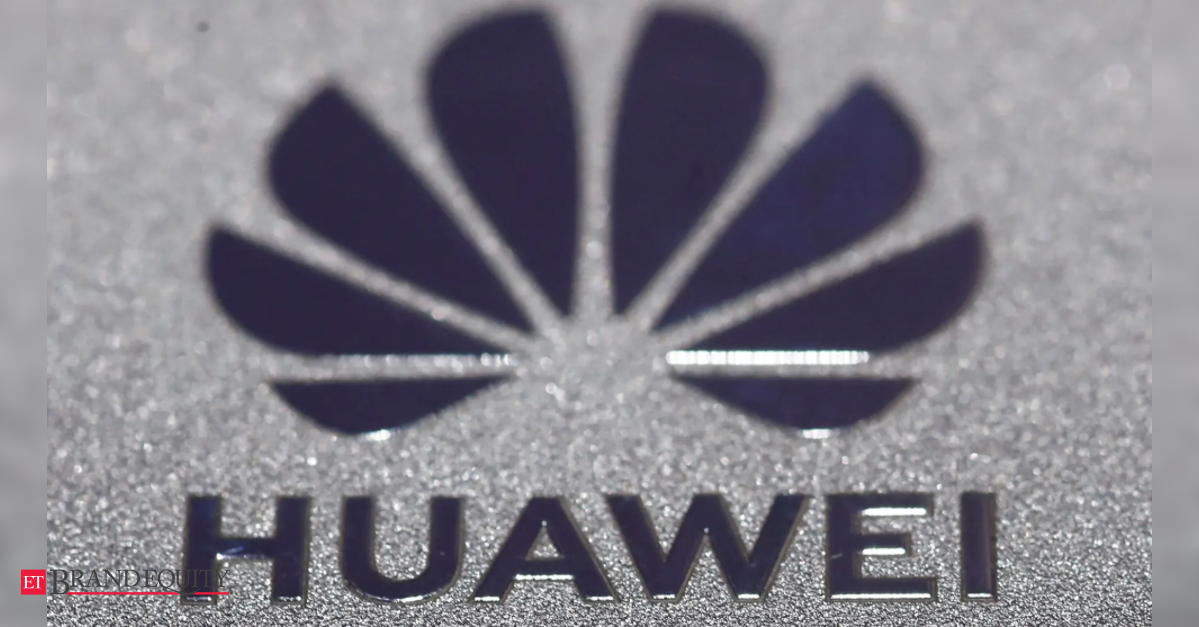China's AI Village Thrives!
In a remarkable transformation that has caught global attention, the quiet suburb of Liangzhu near Hangzhou has emerged as China’s answer to Silicon Valley, becoming a hotbed for artificial intelligence innovation where young programmers are reshaping the future of technology.
Liangzhu, dozens of aspiring tech founders pitch their ideas on a backyard stage while investors conduct meetings in kitchen spaces. This unconventional scene, hosted by Felix Tao, a 36-year-old former Facebook and Alibaba employee, represents China’s grassroots approach to AI development. “People come here to explore their own possibilities,” Tao explains, noting that virtually all discussions centre around artificial intelligence.
The young coders, mostly in their 20s and 30s, have dubbed themselves “villagers,” spending their days writing code in coffee shops and gaming together at night while hoping to harness AI for their own companies. This informal ecosystem has attracted weekend talent scouts flying in from Beijing, Shanghai, and Shenzhen to recruit programmers.
Hangzhou’s transformation into an AI centre didn’t happen overnight. A decade ago, provincial and local governments began offering subsidies and tax breaks to new firms, a policy that has successfully incubated hundreds of startups. The city has already birthed major tech powerhouses including Alibaba, DeepSeek, NetEase, and Hikvision.
The breakthrough moment came in January 2025 when DeepSeek, one of Hangzhou’s AI startups, shocked the global tech industry by releasing an AI system that reportedly cost just $6 million to train compared to the $100 million spent by Silicon Valley companies on similar models. This achievement, along with DeepSeek’s models ranking among top-performing open-source AI systems worldwide, demonstrated China’s growing capabilities in cost-effective AI development.
Chinese media has coined the term “six tigers of Hangzhou” to describe six prominent AI and robotics startups emerging from the city. Graduates from Hangzhou’s Zhejiang University, where DeepSeek’s founder Liang Wenfeng studied, have become highly sought-after employees at Chinese tech companies.
The proximity to established tech giants like Alibaba provides both inspiration and practical benefits for startups. Mingming Zhu, founder of AI-enabled eyeglasses maker Rokid, credits government officials with helping connect him to early investors, including Alibaba founder Jack Ma.
*Liangzhu exemplifies China’s sprint to match US AI dominance, offering a mix of innovation and institutional support.
*Whether the village evolves into a global AI rival depends on its ability to attract international capital and overcome chip access limits.
Liangzhu has rapidly transformed from a quiet suburb into a dynamic AI ecosystem, powered by youthful talent, state support, and big ambitions. As global tech dynamics shift, this coder village could play a pivotal role in shaping China’s AI future.
---------------------------------------------------------------------------------------------
---------------------------------------------------------------------------------------------
You may also like...
Diddy's Legal Troubles & Racketeering Trial

Music mogul Sean 'Diddy' Combs was acquitted of sex trafficking and racketeering charges but convicted on transportation...
Thomas Partey Faces Rape & Sexual Assault Charges

Former Arsenal midfielder Thomas Partey has been formally charged with multiple counts of rape and sexual assault by UK ...
Nigeria Universities Changes Admission Policies

JAMB has clarified its admission policies, rectifying a student's status, reiterating the necessity of its Central Admis...
Ghana's Economic Reforms & Gold Sector Initiatives

Ghana is undertaking a comprehensive economic overhaul with President John Dramani Mahama's 24-Hour Economy and Accelera...
WAFCON 2024 African Women's Football Tournament

The 2024 Women's Africa Cup of Nations opened with thrilling matches, seeing Nigeria's Super Falcons secure a dominant 3...
Emergence & Dynamics of Nigeria's ADC Coalition

A new opposition coalition, led by the African Democratic Congress (ADC), is emerging to challenge President Bola Ahmed ...
Demise of Olubadan of Ibadanland
Oba Owolabi Olakulehin, the 43rd Olubadan of Ibadanland, has died at 90, concluding a life of distinguished service in t...
Death of Nigerian Goalkeeping Legend Peter Rufai

Nigerian football mourns the death of legendary Super Eagles goalkeeper Peter Rufai, who passed away at 61. Known as 'Do...




